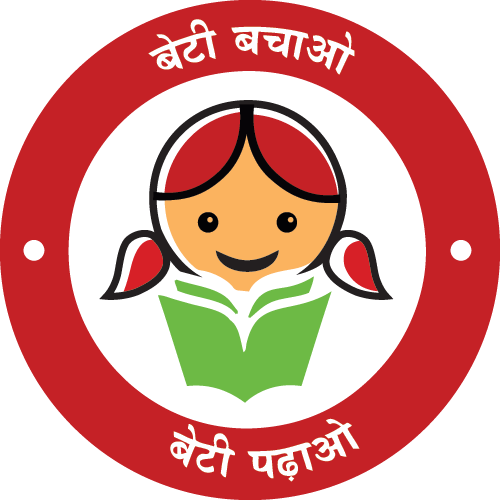Dr. Charu WaliKhanna, Member, NCW was Chief Guest at National Seminar on ‘‘Women Empowerment and Political Participation’ at New Delhi on 27.03.2014
Dr. Charu WaliKhanna, Member, NCW was Chief Guest at National Seminar on ‘‘Women Empowerment and Political Participation’ at New Delhi on 27.03.2014. The two day seminar was organized by Rajdhani College, University of Delhi in association with National Commission for Women, New Delhi. The deliberations on the first day were held at Rajdhani College and the second at Convention Centre, JNU, New Delhi.
After the traditional lighting of the lamp, the welcome address was delivered by Ms. Vijay Laxmi Pandit, Principal, Rajdhani College and other speakers included Ms. Kumud Sharma and renowned author Ms. Maitreyi Pushpa.
Dr. Charu WaliKhanna in the Inaugural Address complimented the College for organising a national seminar on such an important topic and emphasised the need to understand the meaning of the word 'empowerment'. She said empowerment implies creation of an enabling environment for women in which they can fully utilize their capabilities. She deplored the fact that 50% of the population i.e. women, are not involved in the decision making process, for the reason that they are underrepresented in political system. Therefore, issues concerning them such as rising violence against women, dowry related offences, imbalance in sex ratio through female feoticide; and challenges of women's marginalized status in employment, education or health etc are not addressed. An average woman has no participation in decision making process even at the lowest level e.g. she even has little or no control over her fertility or reproductive system. Elaborating she said that though women are functioning in various roles and capacities i.e. from high-level managers to auto drivers but their numbers at the decision making levels remains very low. Member, Dr. Charu WaliKhanna quoted the data on percentage of women in the lower or single House compiled by Inter-Parliamentary Union as on 1st January 2014 which positions India at 111th position among 189 countries lagging behind Pakistan, Bangladesh, and Nepal.
Member said that the dismal proportion of women's representation in national decision making bodies clearly means that the issues of half the population cannot be adequately represented and addressed, resulting in inequality and injustice faced by women in every sphere of life. She also spoke about the women illiteracy, women dropouts, unequal wages, discrimination in land and property rights, violence at public spaces as well as at home, and stressed on the need for political and economic empowerment of women.




















